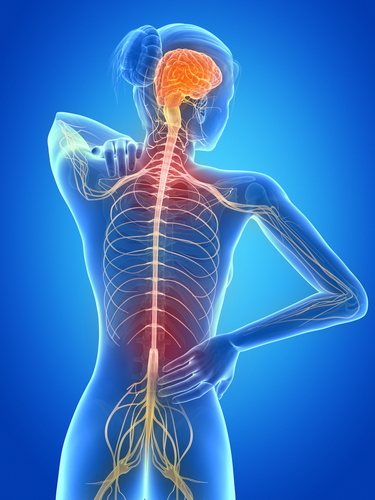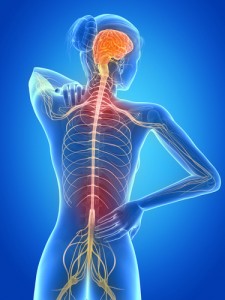Researchers Uncover New Insights Into Vascular Receptor Autoantibodies in PAH Associated with SSc
Written by |

 A new study, entitled “Vascular Receptor Autoantibodies in Pulmonary Arterial Hypertension Associated with Systemic Sclerosis,” conducted at Charité University Hospital, Rheumatology and Clinical Immunology in Berlin, Germany, and published in the American Journal of Respiratory and Critical Care Medicine by first author on the study Dr. Mike O. Becker from the group of Dr. Gabriela Riemekasten, reveals that antibodies against endothelin receptor type A (ETAR) and angiotensin receptor type-1 (AT1R) are involved in Systemic sclerosis (SSc)-associated pulmonary arterial hypertension (PAH) pathogenesis.
A new study, entitled “Vascular Receptor Autoantibodies in Pulmonary Arterial Hypertension Associated with Systemic Sclerosis,” conducted at Charité University Hospital, Rheumatology and Clinical Immunology in Berlin, Germany, and published in the American Journal of Respiratory and Critical Care Medicine by first author on the study Dr. Mike O. Becker from the group of Dr. Gabriela Riemekasten, reveals that antibodies against endothelin receptor type A (ETAR) and angiotensin receptor type-1 (AT1R) are involved in Systemic sclerosis (SSc)-associated pulmonary arterial hypertension (PAH) pathogenesis.
Systemic sclerosis (SSc) is a clinically diverse disease and is considered a multi-organ autoimmune disorder. In patients with SSc, its frequent to have pulmonary pathology that normally includes fibrosis and pulmonary vascular disease leading to pulmonary arterial hypertension (PAH). Pulmonary arterial hypertension is the main causes of disease-related morbidity and mortality in patients with SSc.
[adrotate group=”4″]
In this study, the researchers hypothesized that SSc-PAH could be developed if they stimulated and activated AT1R and ETAR using autoantibodies (Abs) that specifically target these receptors. Moreover, they assessed their biological function and biomarker relevance. They observed that patients with SSc-PAH (n = 81) and connective tissue disease (CTD)-associated PAH (n=110) had levels of Anti-AT1R and -ETAR Abs, detected by ELISA, significantly higher and more prevalent than in other forms of PAH/pulmonary hypertension (n=106). Using an ex vivo model of isolated perfused rat lungs, researchers showed that both antibodies could increase the concentrations of endothelial cytosolic Ca2+ and this process could be blocked by their specific receptor antagonists.
[adrotate group=”3″]
In addition, the vasoconstrictive responses to angiotensin II (Ang II), a hormone that induces vasoconstriction and increase in blood pressure, and endothelia 1 (ET-1), a potent vasoconstrictor produced by vascular endothelial cells, measured by a myograph (a device used to quantify the force produced by the contraction of the muscle) were increased when the third to fourth-generation intralobar pulmonary rat artery ring segments were stimulated by both autoantibodies, suggesting a cross-talk between these two pathways shown by mutual blockade with their antagonists. Moreover the administration of SSc-IgG containing both autoantibodies in healthy mice (C57BL76) increased the actin expression in vascular and airway alpha-smooth muscle and also inflammatory pulmonary vasculopathy. Therefore, the anti-AT1R and -ETAR antibodies may contribute to SSc-PAH by increasing vascular endothelial reactivity and induction of pulmonary vasculopathy.
Overall, the researchers concluded that in SSc-PAH/CTD-PAH pathology the levels of anti-AT1R and -ETAR antibodies were higher than in other forms of PH and may be used as predictive and prognostic biomarkers for the development of SSc-PAH.



